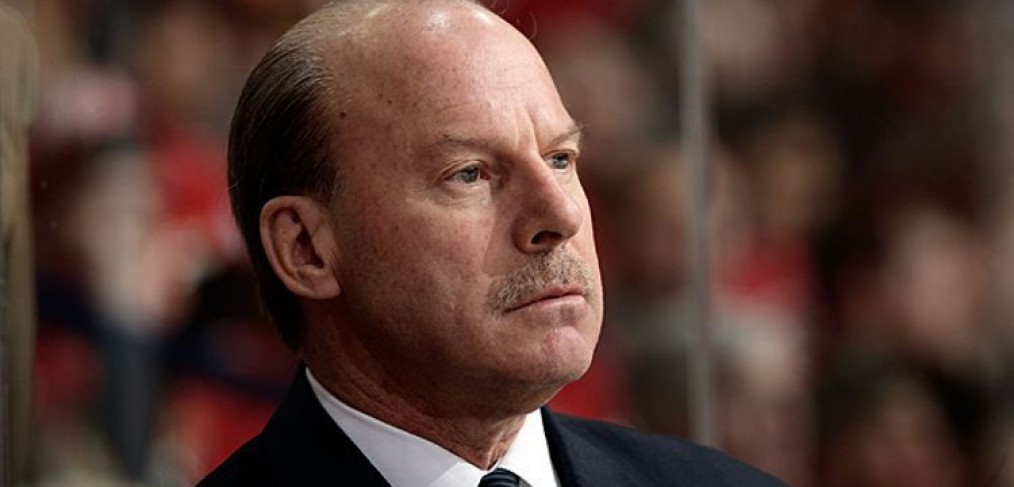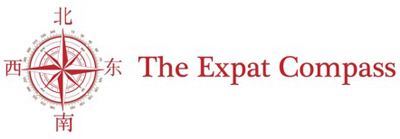
Cross-Cultural Leadership and Professional Ice Hockey
Mike Keenan to coach Chinese KHL team
This article caught my attention because it marries two of my passions: Cross Cultural Leadership and professional Ice Hockey!
Years ago during his NHL career, Iron Mike Keenan had a reputation for being an old school coach; he worked his players until he developed a visceral hatred and fearful relationship. Practices after a loss usually meant hard skating drills until players vomited into submission. He toyed with the fragile egos of goaltenders, often pulling or switching them out multiple times in a game. He was Master and his players served him.
He reappeared as a Kontinental Hockey League (KHL) coach in 2013-14 and earned a 35-11-0-8 record with Metallurg Magnitogorsk. In the same season his playoff record was 16-5, earning him and his team the KHL Championship.
Obviously his Draconian coaching style resonated in the disciplined Russian/ Soviet sports culture. But even so, Keenan consulted other former NHL coaches who had experience in the KHL (Dave King and Paul Maurice) and adapted his style to his new host culture.
Yesterday, Keenan was hired to lead an expansion Chinese hockey club in the KHL, Kunlun Red Star. As the article points out, the aim is to develop Chinese hockey players for a national team for the 2022 Beijing Winter Olympics.
It will be interesting to see whether Keenan’s hard nose approach that found success in the NHL and in Russia will also succeed in China, where harmonious and collective team spirit is paramount.
There are so many interesting cross cultural leadership perspectives in this on-going story. What take will Keenan have on the filial relationship between teacher/student, coach/player that still underlines Chinese culture? Or is the Chinese Ice Hockey Association’s intention to change the cultural mindset of its hockey players as a means to compete on the global hockey stage?
Do leaders have a responsibility to adapt to the host culture in which they operate in? Or does the host culture desire to adapt aspects of the foreign culture as a means, it believes, to be more effective on the global stage? Global business executives have debated these questions … isn’t it more fun now that it’s in the ice hockey rink?!

Leave a Reply
Be the First to Comment!